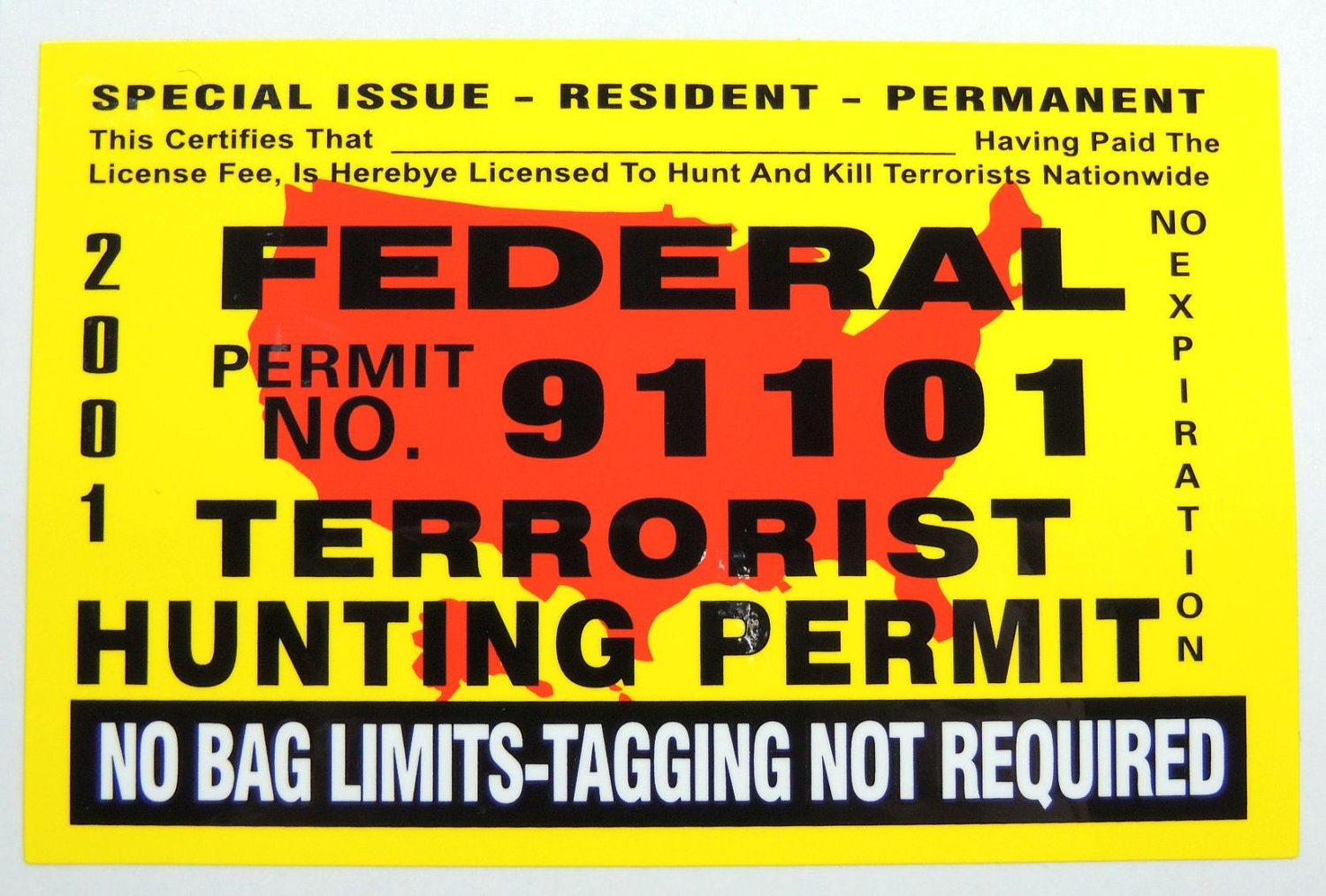The Pakistani foreign ministry confirmed that the Saudis
have asked Pakistan contribute ground forces to Yemen, Reuters reports, but Defense Minister
Khawaja Asif indicated that Pakistan is reluctant to get involved.
Which is way more polite than saying, "fight your own battles." At least the Saudis know who they're fighting against, although maybe not what they're doing since the IS group in Yemen is likely quite happy to see a civil war going on between ex-president's of the country of Yemen. The US on the other hand is a little confused in Syria.
As the US grapples with whether it should pursue
a larger role in the Syrian War – and just how much military aid to give Iraqi
troops battling the Islamic State – it is also trying to figure out how to
avoid one of the most basic and nettlesome blunders of all: inadvertently
creating a Frankenstein’s monster in the form of corrupt local power brokers.
With large influxes of cash and military training – and in
ways both formal and informal – the US military has often tapped the
wrong people with disastrous consequences, say senior US military and intelligence
officials.
In Afghanistan, by relying on small units of
Special Operations Forces working alongside mujahideen forces, the US
“super-empowered” these militias, says Lt. Gen. H.R. McMaster, widely
considered to be one of the Pentagon’s premier practitioners of
counterinsurgency and now the deputy commanding general of the US Army Training
and Doctrine Command.
It was one of the key wrong turns in America’s war in
Afghanistan. These militias in turn “morphed into organized crime networks,” he
says, and eventually “hollowed out institutions that we, the international
community, were trying to build.”
That's not to mention Osama bin Laden a bit further back. Because, here at Hometown USA, we like to end on a high note I include this story.
Seduced by scathing critiques of Western society, young
people were carrying out bombings, kidnappings, and assassinations across Europe and the Middle East. Graphic images screamed from the
front pages of newspapers. Intelligence and law enforcement agencies were
caught off guard. “The struggle against terrorism knows no borders,” the French
minister of justice declared.
It was the 1970s. The Red Brigades, the Baader-Meinhof gang, the Japanese Red Army, the Provisional Irish Republican Army, and a bewildering array of Palestinian factions were spreading mayhem. Read through a list of terror incidents in the 1970s and you’ll relive month after month of drama. Enter “Carlos the Jackal” or the Irish Republican Army. Meet the latest Palestinian, Croatian, Quebecker, or South Moluccan militants as they hijack planes or trains and set off bombs in public places. A new cause was always demanding attention.
It's been worse. And, of course, if you're with me reading this in Hometown you're in no danger at all from terrorists despite my seeing these on a somewhat regular basis, though not so much lately:

If I was braver, I might ask, "how's the hunting." But, never bring snark to a gunfight, I always say.
Don't miss the Syrian quiz. I got a very disappointing 54%. Obviously learned a lot, though.
Don't miss the Syrian quiz. I got a very disappointing 54%. Obviously learned a lot, though.

No comments:
Post a Comment